I just made a long post about it in the French-speaking solarpunk community, and I don’t really have the courage to translate everything, but DeepL should do a good job. Here is a summary and a photo-dump, don’t hesitate to ask me things about it.
For context, this was organized by the ADEME, an entity of the French government that is tasked with managing the “ecological transition” and as part of this they promote explorations and experimentations in the field of “intermediate vehicles”. Things that are not bikes, not cars and try to reinvent mobility. It was very hackish (I myself came with friends from a fablab/hackerspace who are building an electric kart) and with a huge variety in opinions and technical choices.
We talked technology, philosophy, open source, low-techs, economy, sociology, legalities. It was brain-buzzling!
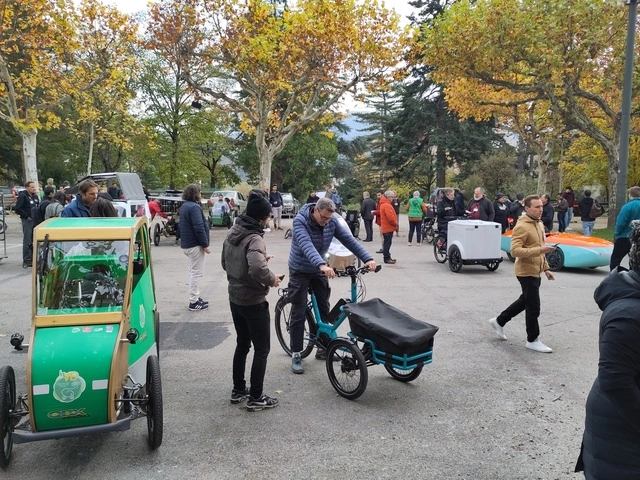
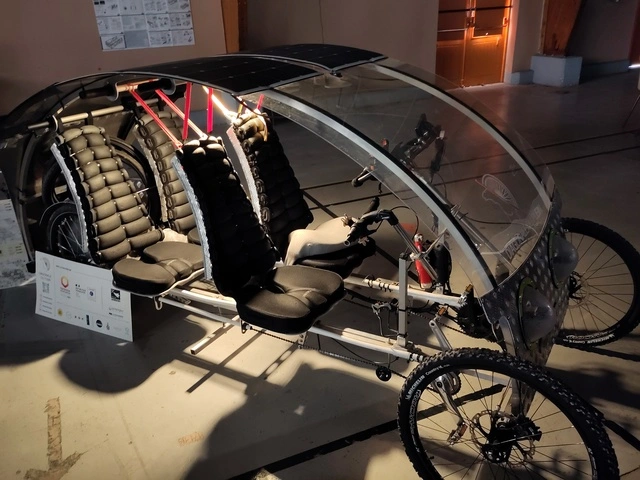
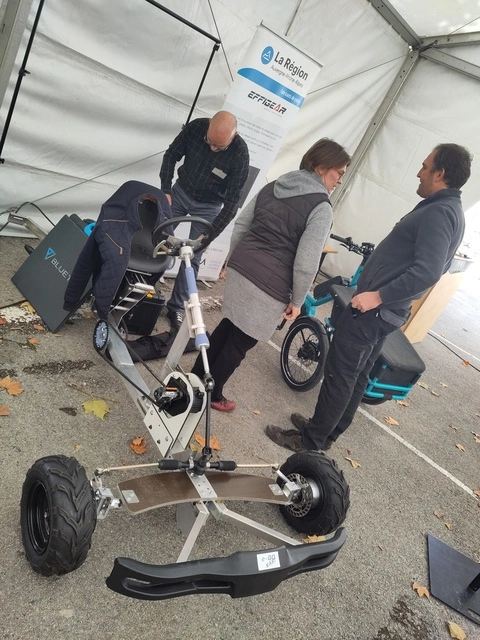
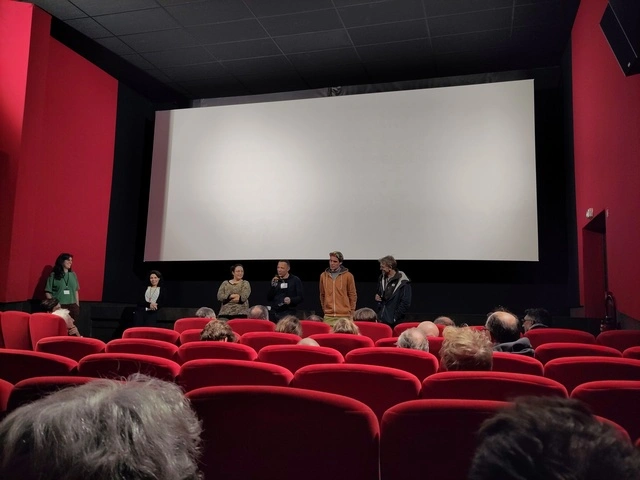
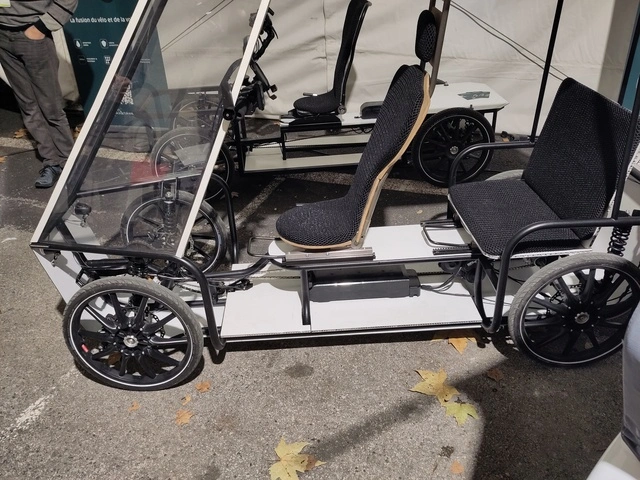
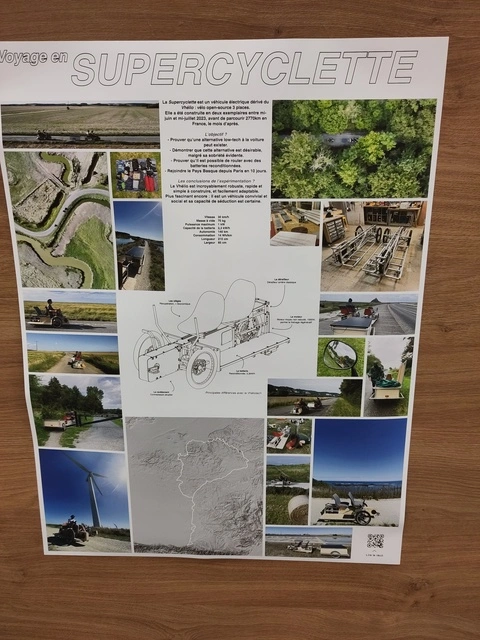
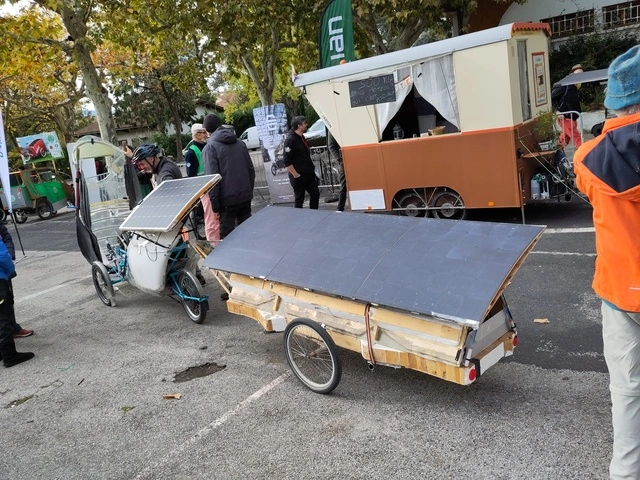
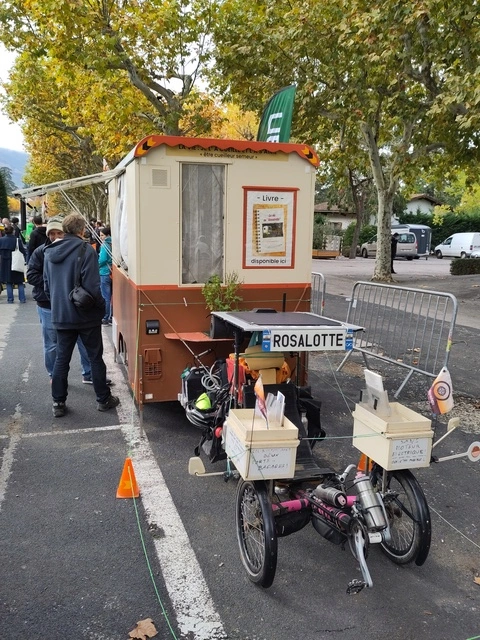
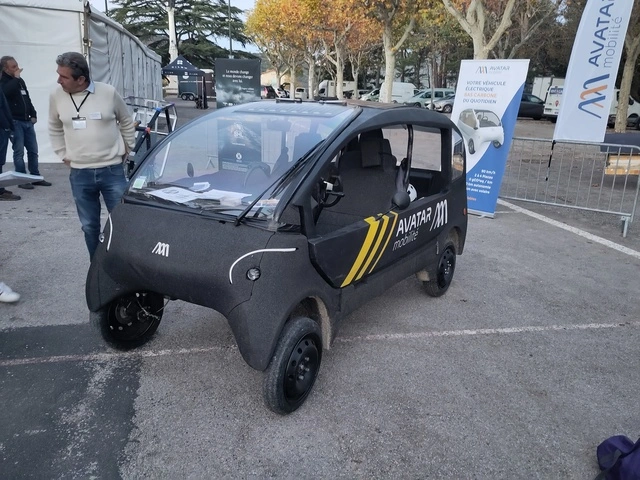
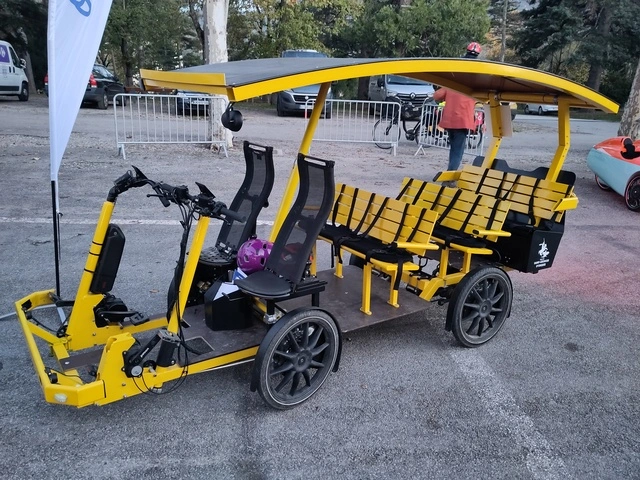
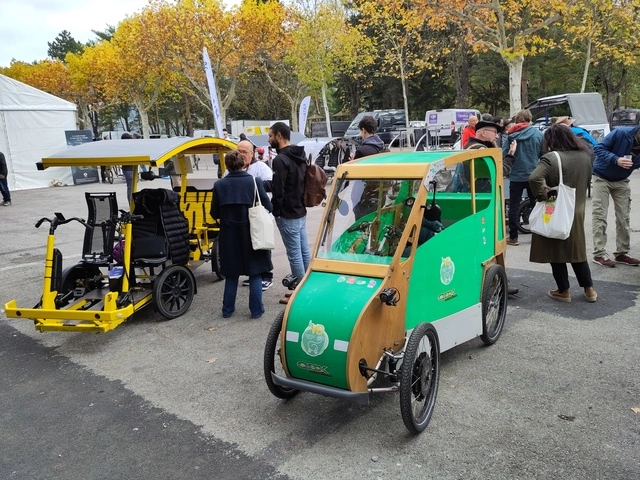
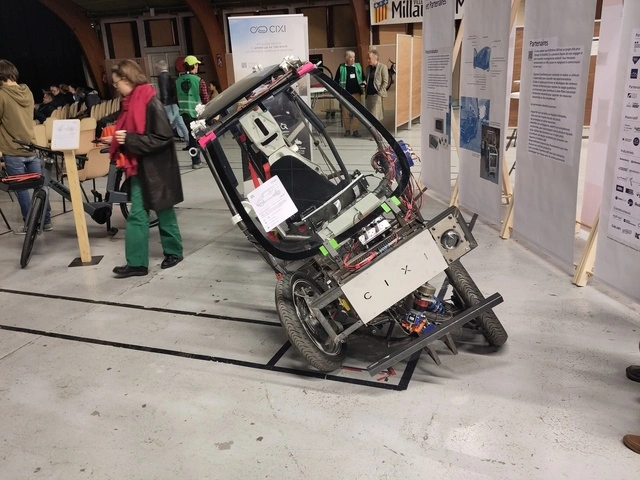
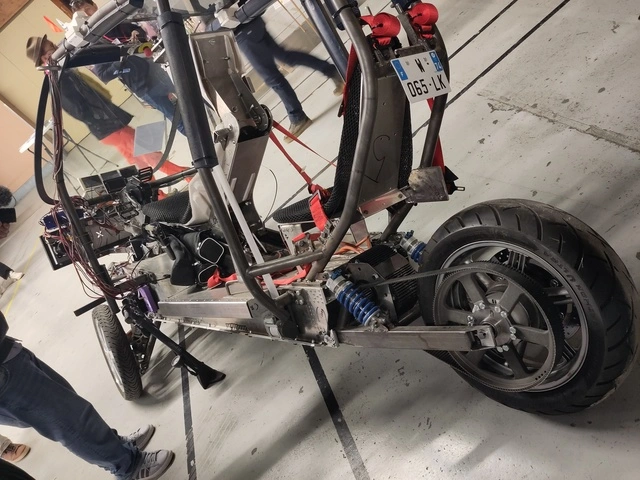
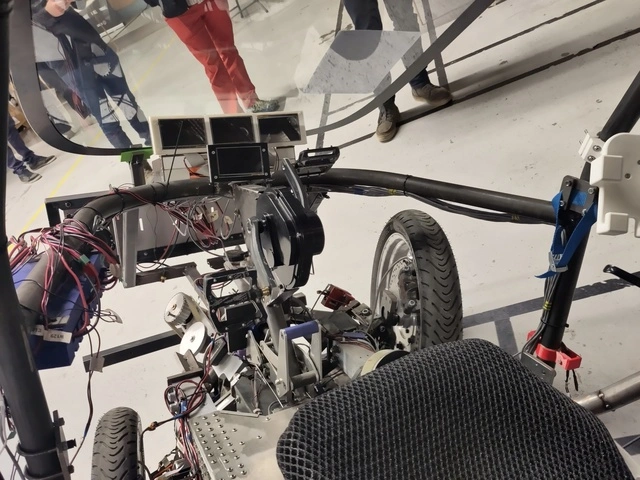
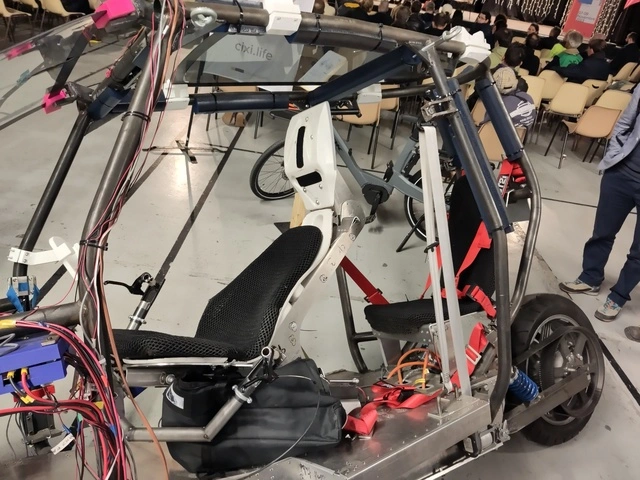
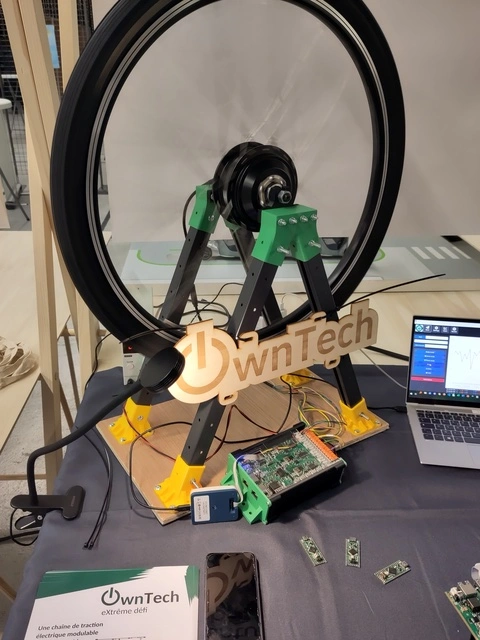
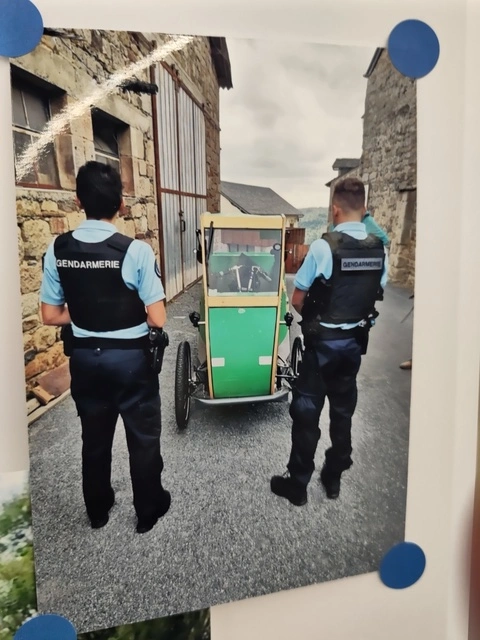
These are great! And very much what I could picture thriving in a world where cars don’t entirely own the roads
Those are some cool looking vehicles, at the moment most of them just look like worse examples of existing things though.
When you only talk about looks, yes, but when you get into numbers in terms of weight, efficiency, price, availability, repairability, a lot of them are pretty unique.
That’s cool to know, I’m a big fan of repairable tech.
For me that’s a big question and a big fear. Right now we are at the tinkerer’s phase and it is really open and collaborative, and many people there were cherishing that aspect, but once we start to produce bigger series or have to register some vehicles officially, we may lose in terms of accessibility and repairability. Older cars tinkerers there moaned about the fact that older cars were easier to modify and repair, that modern cars see mandatory equipment that seems a bit useless (“Do we need ABS or stricter speed limits during the rain?” “Why are parking radars mandatory now?”). We all fear a shitification of these once projects scale but what makes me hopeful is that many people are mindful about it already at this stage.



